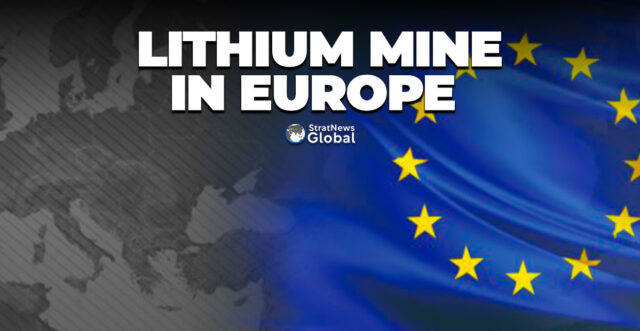The President of Serbia Aleksandar Vucic is preparing to give Rio Tinto the green light to develop Europe’s largest lithium mine two years after Belgrade called off the project, the Financial Times said on Sunday.
Vucic told the newspaper that “new guarantees” from the global mining giant and the European Union looked set to address the concerns of Serbia concerns over whether necessary environmental standards would be met at the Jadar site in the west of the country.
Rio Tinto said in a statement emailed to Reuters: “We believe the Jadar Project has the potential to be a world-class asset that could act as a catalyst for developing an EV (electric vehicle) value chain in Serbia”.
Regarded as a critical material by the EU and the United States, lithium is used in batteries for EVs and mobile devices.
“If we deliver on everything, (the mine) might be open in 2028,” Vucic told the FT, adding that the mine was projected to produce 58,000 tons of lithium per year which would be “enough for 17% of EV production in Europe — approximately 1.1 million cars.”
In 2022, Belgrade revoked licences for Rio’s $2.4 billion Jadar project after massive environmental protests. If completed, the project could supply 90% of Europe’s current lithium needs and help to make the company a leading lithium producer.
In 2021 and 2022 Serbian environmentalists collected 30,000 signatures in a petition demanding that parliament enact legislation to halt lithium exploration in the country.
Protests have already broken out in Serbia as news of the latest development on the lithium project got around. The government has the backing of the constitutional court which ruled that the annulment of the Rio Tinto permit in 2022 was unlawful.
The government compared the lithium project to oil, saying it will generate 20,000 jobs and contribute 16% of the GDP. But opposition leaders say oil is exploited in most countries by government owned entities. In the case of Serbia’s lithium, the reserves will be exploited by a private foreign company.
Thirty eight years in journalism, widely travelled, history buff with a preference for Old Monk Rum. Current interest/focus spans China, Technology and Trade. Recent reads: Steven Colls Directorate S and Alexander Frater's Chasing the Monsoon. Netflix/Prime video junkie. Loves animal videos on Facebook. Reluctant tweeter.





